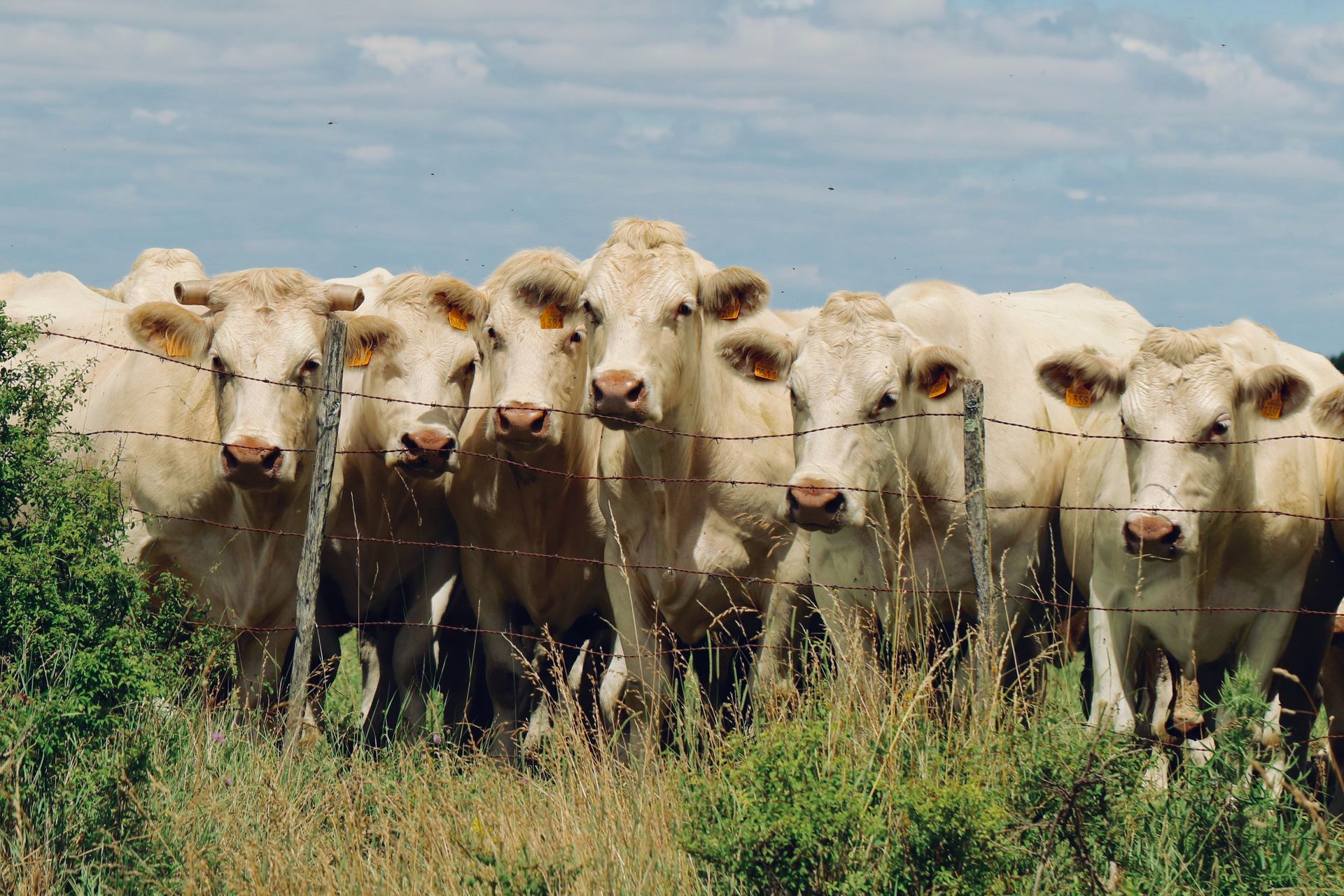The regenerative opportunity
This is a subtitle for your new post

Regenerative farming practices are a holistic approach to agriculture that seeks to improve the overall health and productivity of the land while also building resilience to climate change. These practices are based on the principles of regenerating the soil, increasing biodiversity, and enhancing the overall ecosystem on your country. In Queensland, these practices have the ability to increase diversity of farm income, repair historical soil damage, and sequester carbon dioxide, all while increasing production and profitability.
One of the key benefits of regenerative farming practices is the ability to increase the diversity of farm income. This is achieved by incorporating a range of different crops, livestock, and other forms of production into the farming operation. For example, a regenerative farm may include a mix of crops such as fruits, vegetables, and grains, as well as livestock such as cattle, pigs, and chickens. By diversifying the farm in this way, farmers are able to reduce their dependence on a single crop or form of production, which can be risky in the face of climate change and other environmental challenges.
Another benefit of regenerative farming practices is the ability to repair historical soil damage. Conventional farming practices, such as heavy use of chemicals, monoculture and poor grazing mangement have resulted in degraded soil conditions in many parts of Queensland. However, regenerative farming practices, such as cover cropping, crop rotation, and reduced tillage, can help to rebuild the soil structure and improve its overall health. This not only benefits the crop production but also the overall ecosystem and ultimate underwriting our lands productivity and value.
Regenerative farming practices also have the ability to sequester carbon dioxide, which can help to mitigate the effects of climate change. One of the ways in which regenerative farming can do this is by increasing the amount of organic matter in the soil. When organic matter is added to the soil, it acts as a "carbon sink", which means that it absorbs and stores carbon dioxide. This can help to reduce the amount of carbon dioxide in the atmosphere and also improve the soil's ability to hold water, which can be beneficial during drought conditions.
Finally, regenerative farming practices can also increase production and profitability for farmers. By improving the overall health and productivity of the land, regenerative farming can help to increase crop yields and reduce the need for expensive inputs such as fertilisers and pesticides. Additionally, regenerative farms are often more resilient to the effects of climate change, which can help to protect farmers from the financial risks associated with extreme weather events.
In conclusion, regenerative farming practices have the ability to increase diversity of farm income, repair historical soil damage, and sequester carbon dioxide all the while increasing production and profitability. Farmers in Queensland, and all over the world, are increasingly recognising the benefits of regenerative farming and are making the transition to these practices. By embracing regenerative farming, farmers can not only improve the overall health and productivity of their land but also contribute to the mitigation of climate change and the protection of the environment. With the right knowledge and just adding water, you can make a real positive impact to your farm family and community.



